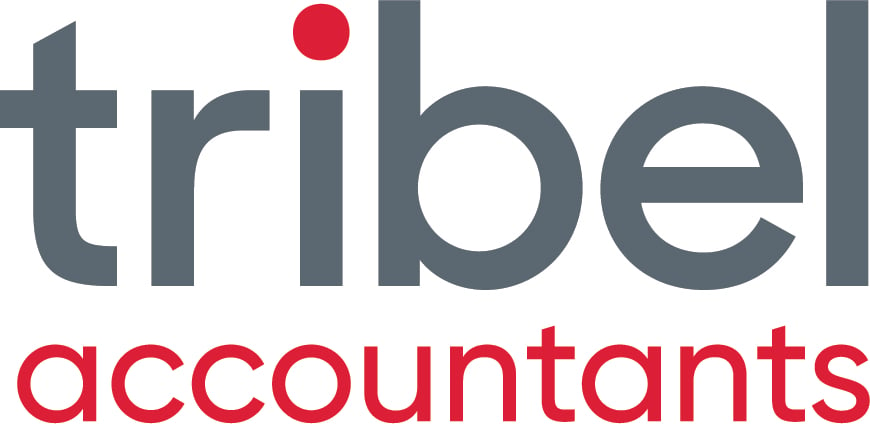INTRODUCTION:
It would appear to me that as a small business accountant the biggest concern that owners have when it comes to business is cash flow.
Understanding why there is a problem is key to fixing it and it's not just because profits might be down. In fact just as it is possible to go broke making a profit, it is also possible to generate cash when losing money. You just need to look at the drivers that will put less strain on your cash flow.

Figure 1: Who's the boss when it comes to getting money in the bank or are you just dancing in the dark?
1. Change Your Trading Terms (Customers & Suppliers)
There is an old saying that says "ask and you will receive" and the saying is true when discussing trading terms with your customers and suppliers.
If you offer 30 day terms why not consider reducing these to either 14 days or 7 days? When somebody sets up a new account, be clear with them about the trading terms. Consider offering settlement discounts (many energy and phone companies are doing this these days).
Many people try and do the same as their competitors to keep people happy and to stop them from leaving but if they like your product or service it will be rare for them to leave just because you offer less favourable terms than others.
On the other side, try and negotiate longer terms with your suppliers. See if they will let you have more than the standard. A good measuring stick is to work out your supplier days and then take your average debtors days away from this. Each month when you sit down with your small business accountants Sydney and Dubbo, see if the gap is getting bigger.
So, if your supplier days are say 38 days and your debtor days are 30 days, you have a gap of 3 days. By working hard to get a larger supplier measurement of 38 days and getting your debtors down to 25 days means you now have a gap of 13 days.
Watch your bank balance improve dramatically!

Figure 2: More money in the bank will relieve small business stress.
2. Introduce Credit Checks For New Customers
What systems do you have to check that new customers are good for the money? Do you get them to apply for trading terms or do you just accept them because they look like they might purchase a lot of your goods and services?
If you are not sure what to do, seek help from your small business accountants and advisors.
3. Consider Financing Asset Purchases
Whilst it's always great to have as little as debt as possible, using up working capital required to run your business through the paying of cash for motor vehicles or plant and equipment is not always a good idea particularly when interest rates are so low.
Usually a hire purchase, chattel mortgage or finance lease are the various options available. Wherever you can if you are going to have a lump sum at the end (usually known as a balloon or residual), try and make this amount similar to what the market value of the asset might be at that time so you don't have to find extra cash to pay out at the end of the finance term.
Build these payments then into your cash flow forecast and three way budget.
To get your GST back on the purchase quickly, try and buy the asset at the end of a quarter (assuming you account on a quarterly basis, most do) and if you account for the GST on a cash basis, be sure to choose the right finance method (usually a chattel mortgage in that instance) or you may have to gradually claim the GST back over the life of the finance term.
4. Understand GST (& Its Timing)
Similar to my point above, determine whether you account for GST on a cash or accruals basis. If you say are on an accruals basis, delay invoicing a large batch at the end of the quarter until the first day after the quarter finishes (you won't have to pay the GST on those sales for another 3 months then).
Bring forward purchases at the end of the quarter so you can get the GST back more quickly rather than buying at the start of the quarter.
5. Get Tax Planning Done
You should always consider getting tax planning done each year unless of course you don't have a tax problem. With a bit of planning not only can you save a lot of tax but you can often defer paying it for 12 to 24 months in some cases which will make a massive difference to your bank balance. Again all of this should be done via your small business accountant Sydney and Dubbo and factored into any cash flow forecasts and three way budgets they help you to prepare.

Figure 3: Barry is always happier when he doesn't have to get the dogs onto slow paying customers!Photo courtesy Blamain Baz and Lara Scolari Gallery Balmain
CONCLUSION:
Ideally you should plan your cash flow and profitability at the start of each year so you don't experience any nasty surprises when it comes to your bank balance.
If you find that cash is tight, follow some of these tips above and rectify the situation quickly.
Your business's life depends on it!


.png?width=100&height=100&name=COVID_Safe_Badge_Digital%20(002).png)




